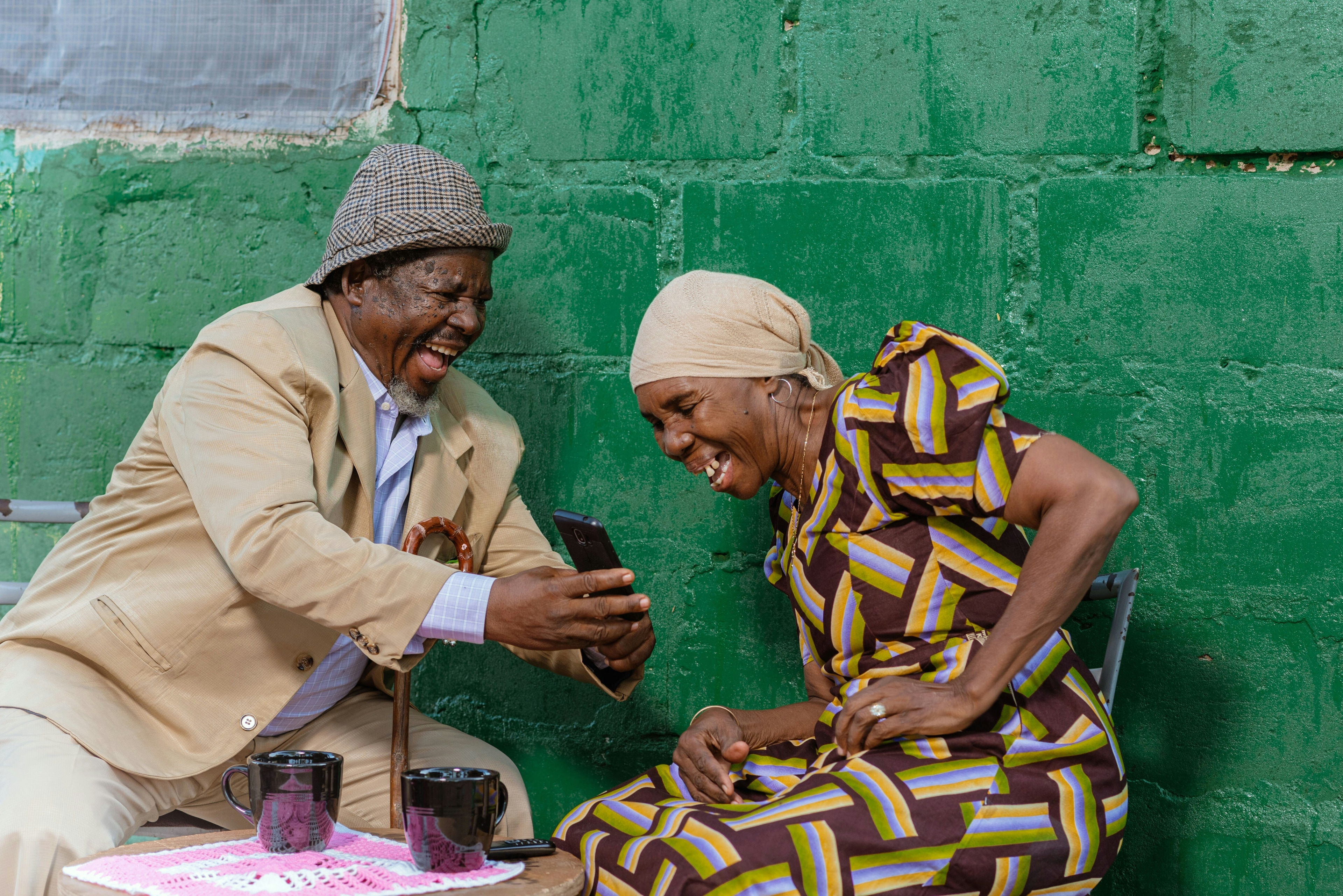4 inspirational human rights activists you’ve probably never heard of

These human rights activists changed the world. But history forgot them Image: REUTERS/Eric Vidal
Every year on 10 December, we celebrate International Human Rights Day. It’s an opportunity to commemorate those activists whose work has made the world a better place. People like Martin Luther King, who campaigned for racial equality, or Aung San Suu Kyi, the Burmese leader who helped free her country from military rule.
Over time, some of these famous leaders become representatives of a larger movement – to the point that the achievements and sacrifices of those who fought alongside them are lost to history.
But even though you’ve probably never heard of these human rights activists, they changed the world.

Frederick Douglass has, with good reason, gone down as the most influential African-American activist of the 19th century. Douglass was born into slavery, but after teaching himself how to read and write, and then escaping from his masters, he went on to become one of the leaders of the abolitionist movement. Even today, his work is still read in schools across the US.
Octavius Catto’s achievements were no less important. Before he’d even turned 30, Catto had led a successful fight to desegregate Philadelphia’s horse-drawn streetcars.
A few years later – following the passage of the 15th Amendment, which enfranchised African-Americans – Catto campaigned tirelessly to ensure his peers were allowed to exercise their rights as citizens. It was while doing this that he was shot dead.
At the time, his murder caused a public outcry. But today most people have never heard of him, even though, as NPR noted, the forgotten hero laid the foundations for campaigners who came after him: “Catto and his generation left footsteps for 20th century men and women to follow.”

When you think of the UK’s suffragette movement, one name comes to mind: the Pankhursts. It is in large part thanks to the activities of Emmeline Pankhurst, along with her daughters Christabel and Sylvia, that British women were granted the right to vote.
But you’ve probably never heard of Sophia Duleep Singh. A descendent of Indian royalty and the god-daughter of Queen Victoria, she was at the time “as close to an international celebrity as it was possible to be”, a BBC documentary reports.

While she could have taken that fame and used it to live a comfortable life, she instead became a suffragette, fundraising, marching on parliament, and breaking the law in the name of voting rights for women.
You might not come across her name in many history books, but as her biographer points out, she was “pivotal in the struggle that helped shift the balance of power in Britain”.
He’s been described as one of the intellectual powerhouses of South Africa’s anti-Apartheid movement. And yet while we all know about Nelson Mandela, Steve Biko and Desmond Tutu, few will have heard of Sedick Isaacs.
Isaacs never quite matched the profile of a political campaigner, and has been described as “quiet and unassuming”. But according to his obituary, “the gross ignominy and fundamental injustice of the apartheid system finally became too much for him to ignore,” and he joined the campaign for racial equality.
After attempting to blow up a local electrical substation, he was arrested and spent 13 years in the infamous Robben Island prison. While he was there, he campaigned for the rights of prisoners to receive an education, and taught mathematics to his fellow inmates.

“We honour a remarkable and selfless man, who lived his life in the progressive service of his fellow human being,” South African activists said when he died.
We’ve all heard the story of a woman who refused to give up her seat to a white person on a bus, and in doing so successfully challenged racist laws that treated African-Americans as second-class citizens.
But 9 months before Rosa Parks did that – and kick-started the Montgomery Bus Boycott – 15-year old Claudette Colvin did exactly the same thing.
After refusing to stand for a white passenger, Colvin was hauled off the bus and thrown in a prison cell. She would eventually be one of the four women plaintiffs in Browder v. Gayle, the case that would end bus segregation in Montgomery.

Despite her brave act, Colvin was for many years a “civil rights footnote”, the New York Times writes. She remained under the radar because at the time, she was considered an unsuitable face for the wider civil rights campaign, her biographer wrote years later. “They worried they couldn’t win with her.”
As David J. Garrow, the Pulitzer Prize-winning biographer of Martin Luther King Jr points out, people like Colvin are “an important reminder that crucial change is often ignited by very plain, unremarkable people who then disappear”.
Don't miss any update on this topic
Create a free account and access your personalized content collection with our latest publications and analyses.
License and Republishing
World Economic Forum articles may be republished in accordance with the Creative Commons Attribution-NonCommercial-NoDerivatives 4.0 International Public License, and in accordance with our Terms of Use.
The views expressed in this article are those of the author alone and not the World Economic Forum.
Stay up to date:
Human Rights
Forum Stories newsletter
Bringing you weekly curated insights and analysis on the global issues that matter.






